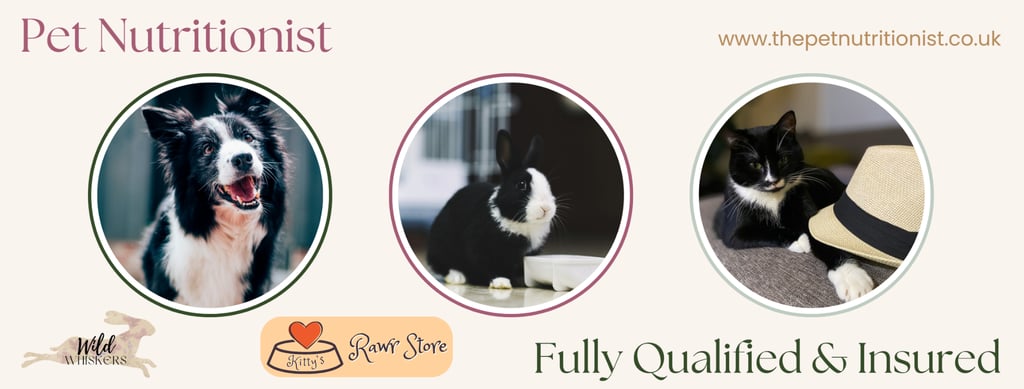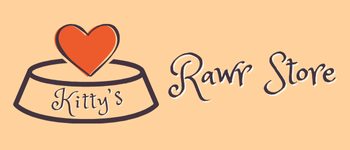The Importance of Animal Proteins in Cat Nutrition
Hear from a qualified pet nutritionist as to why animal proteins are particularly important for cats.


When it comes to feeding our feline companions, one fundamental truth prevails: cats are obligate carnivores. Their bodies are biologically designed to thrive on nutrients found almost exclusively in animal tissues. Although modern pet foods present a variety of ingredients and dietary trends, animal protein remains the cornerstone of optimal feline nutrition.
Cats have evolved to rely on meat not only for energy but also for essential nutrients that are inadequately supplied by plant-based sources. Their ancestors hunted small animals such as birds, rodents, and reptiles, consuming muscle meat, organs, and bones, which shaped their physiology over time.
Key nutrients that cats require from animal tissue include:
Taurine: An essential amino acid found almost exclusively in animal proteins. A deficiency can lead to heart disease (dilated cardiomyopathy), vision problems, and reproductive issues.
Arachidonic Acid: This vital omega-6 fatty acid is necessary for inflammation control and skin health. Unlike dogs, cats cannot synthesise it from plant-based linoleic acid, so it must be sourced from animal fats.
Vitamin A: Cats are unable to convert beta-carotene from plants into active vitamin A; they require preformed vitamin A from liver and other animal sources.
Vitamin B12 (Cobalamin): Essential for nervous system function, red blood cell formation, and DNA synthesis.
Protein is not merely a source of calories for cats; it serves as a fundamental building block for nearly every cell in their body. Essential for the formation of muscles, enzymes, hormones, and immune defences, protein should primarily come from high-quality, bioavailable sources.
Dietary protein varies in quality, with some being highly digestible and classified as complete proteins. These proteins contain all the essential amino acids in the appropriate amounts required by cats, typically found in animal sources such as fish, eggs, and chicken. The higher the quality of the protein, the less is needed in a diet to satisfy a cat’s requirements.
As obligate carnivores, cats cannot obtain all necessary nutrients solely from plant sources. Therefore, plant proteins lack some essential amino acids and must be complemented with other proteins to ensure a balanced diet. A combination of various plant and animal proteins is often required to provide all essential amino acids in sufficient quantities to support a cat's health.
Animal proteins like chicken, turkey, beef, lamb, fish, and organ meats offer a complete range of essential amino acids in the right proportions. These proteins are more easily digestible and better utilised by cats than plant-based proteins such as soy or peas.
Many pet owners are attracted to vegetarian or plant-heavy cat foods for ethical or environmental reasons. However, these diets can pose serious nutritional risks to cats if they are not carefully formulated and supplemented. The bioavailability of synthetic nutrients is often inferior to that of nutrients derived from whole food animal sources.
Conclusion
Feeding your cat a diet rich in high-quality animal protein is not merely a preference; it is a biological necessity. Animal proteins support muscle health, contribute to a shiny coat, and help prevent life-threatening deficiencies. By recognising your cat's carnivorous nature and selecting foods that honour it, you give your pet the best chance for a long, happy life.
By Aneesha, Pet Nutritionist at Wild Whiskers Nutrition.
For more help and advice from Aneesha, see the Wild Whiskers Website here:
The Pet Nutritionist - Wild Whiskers Nutrition | Canine, Feline & Rabbit Nutrition Expert
Need further advice?
Try our Advice Page for quick hints to help your furry feline. Or drop us a question via our contact form on the 'Contact Us' page and we will try our best to get you answers.


